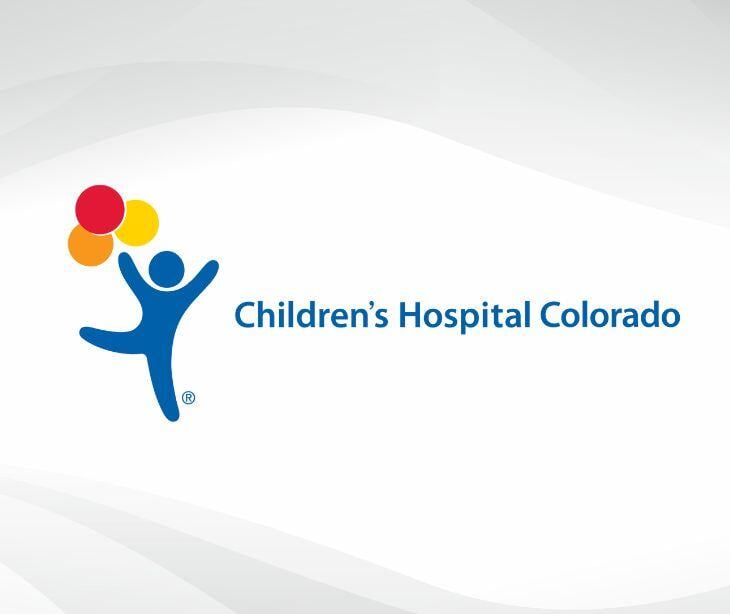2 min read
Ohio bill grants parents greater access to children’s medical records
Farah Amod
Nov 25, 2025 4:57:20 PM

Lawmakers in Ohio have voted in favor of a bill expanding parental access to minors’ medical records, raising fresh questions about how it aligns with federal privacy standards.
What happened
The Ohio House has approved House Bill 162, known as the “My Child–My Chart Act,” which directs healthcare providers to give parents access to their children’s medical information to the fullest extent permitted under federal law. Sponsored by Rep. Gary Click (R–Vickery), the bill tries to address long-standing frustrations from parents who were unable to view records through online medical portals such as MyChart.
Current rules allow minors to obtain certain services, including blood donations, rape kits, and select medical tests, without parental consent. Those protections fall under the federal Health Insurance Portability and Accountability Act (HIPAA), which limits how far state legislation can reach.
Going deeper
Click noted that the bill required careful drafting to avoid creating conflicts with federal HIPAA requirements. He referenced constituent cases where parents were denied access to necessary information, including a surprise medical bill that escalated into debt collection and another situation where a parent couldn’t arrange their child’s urgent surgery. “Now they will at least know, and they will be able to act appropriately and accordingly,” Click said.
All Republicans and most Democrats supported the measure. Rep. Anita Somani (D–Dublin), a physician, opposed it out of concern that vague wording might pressure providers into actions that violate HIPAA. “I’m concerned that parts of this bill might unintentionally be asking providers to put themselves in danger of violating HIPAA privacy rules,” she said.
Despite those concerns, the bill passed with bipartisan support, with six Democrats voting against it. It now moves to the Ohio Senate.
What was said
Click stated that the goal of the legislation is to improve transparency for families and reduce administrative barriers. He described the bill as an attempt to “thread the needle” between parental rights and federal privacy obligations. Opponents argue the measure could create uncertainty for healthcare providers who must balance new state requirements with federal standards.
The big picture
The Delaware Gazette reports that supporters view the “My Child–My Chart Act” as restoring what they consider basic parental rights. “Children cannot get pierced ears, tattoos, or tanning without parental permission, but pediatricians can hide the medical records of children from their own parents? That’s unacceptable. This bill is a no-brainer,” said Rep. Brian Lear.
The bill requires healthcare providers using electronic health record systems to ensure parents or guardians have access to their minor child’s records “to the fullest extent permitted” under both HIPAA and Ohio law.
FAQs
What does the “My Child–My Chart Act” specifically require?
It directs healthcare providers to give parents access to their minor child’s medical records through electronic systems or other methods unless federal law restricts disclosure.
How does HIPAA limit state legislation like this?
HIPAA sets nationwide privacy protections, preventing states from passing laws that directly contradict federal restrictions on sensitive medical information.
Could healthcare providers face penalties under HIPAA if they comply with this bill?
It’s possible. Providers could risk noncompliance if state requirements pressure them to disclose information that HIPAA keeps protected. Additional federal guidance may be needed.
What happens next with House Bill 162?
The bill now goes to the Ohio Senate for further review and must be approved there before moving to the governor.
How might this affect electronic health record systems like MyChart?
Providers may need to revise portal access settings and internal procedures to ensure parental access aligns with both state requirements and HIPAA rules.



%20-%202024-11-04T180116.249.jpg)